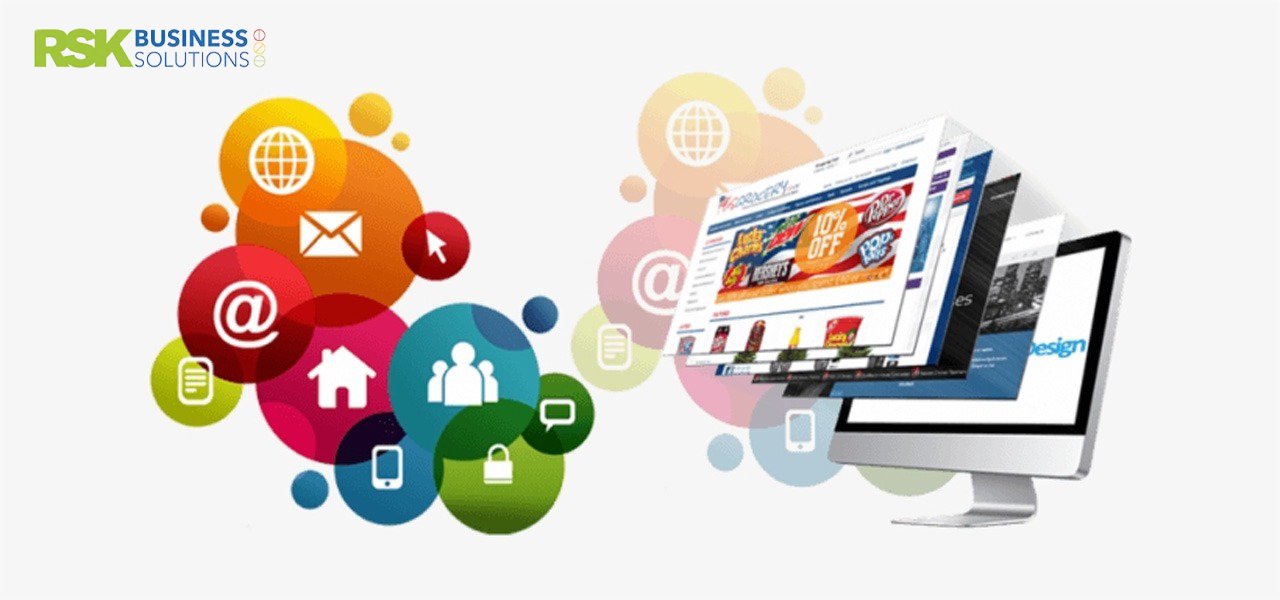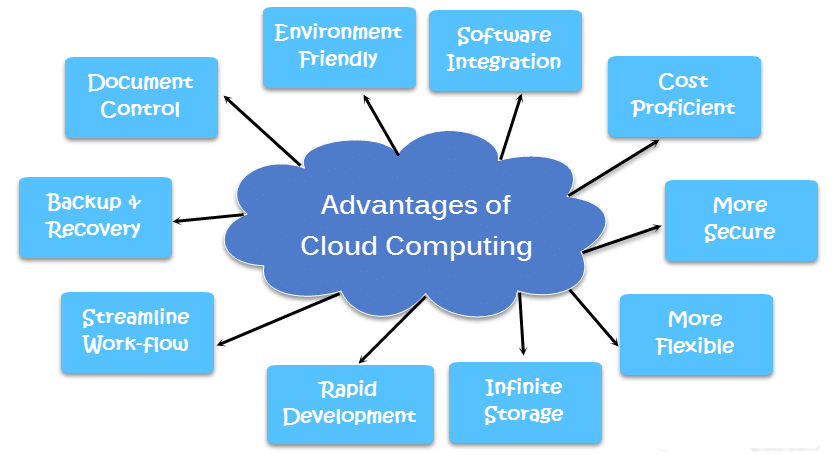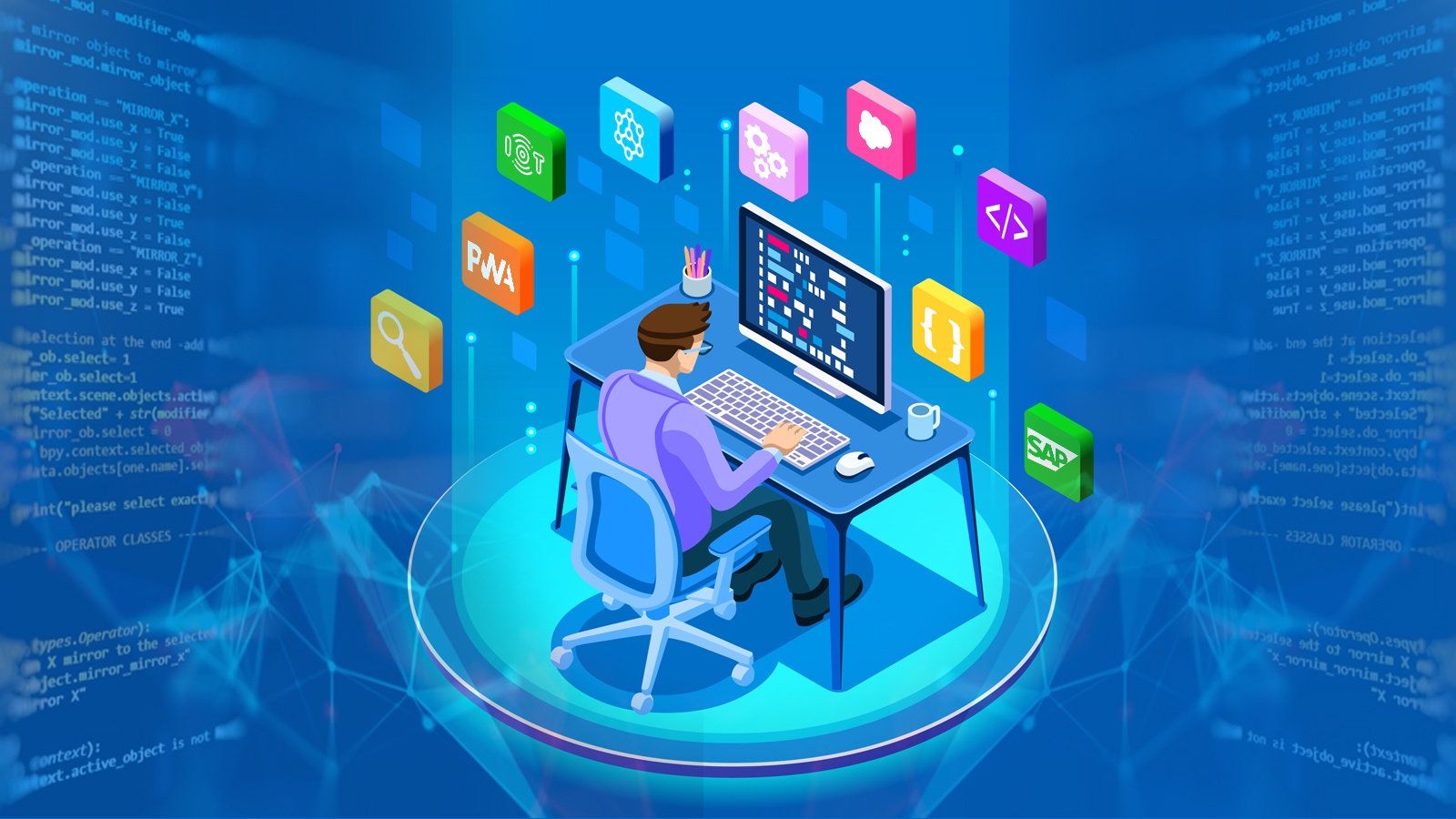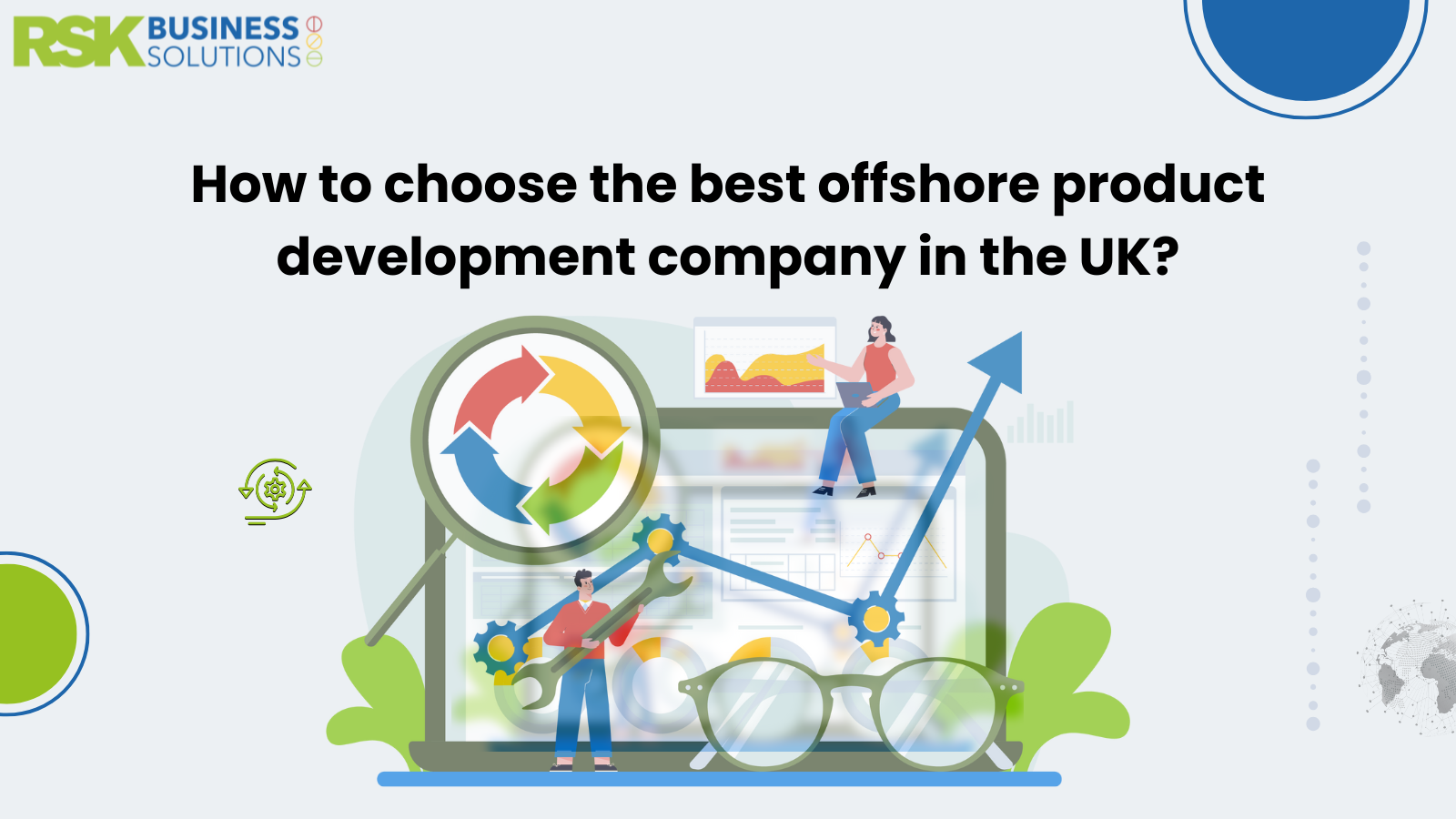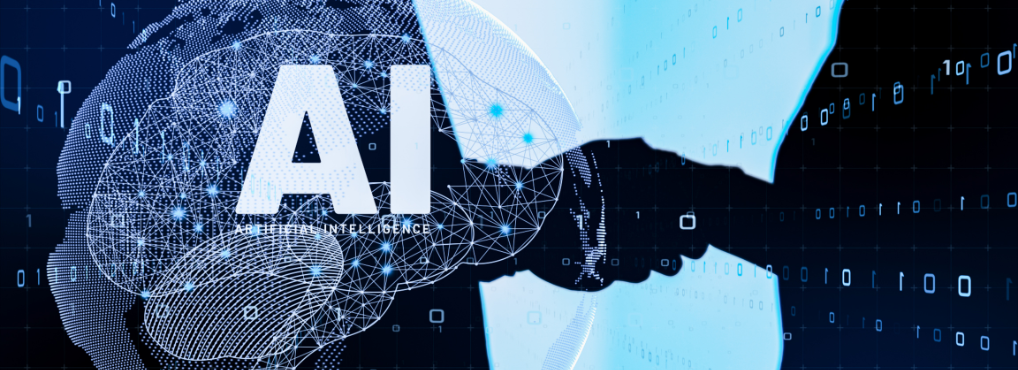
Related Articles

Pen Testing
RSK BSL Tech Team
April 3, 2025
|
|

Pen Testing
RSK BSL Tech Team
March 31, 2025
|
|

Pen Testing
Praveen Joshi
March 27, 2025
|
|

Pen Testing
RSK BSL Tech Team
March 25, 2025
|
|

Pen Testing
RSK BSL Tech Team
March 20, 2025
|
|

Pen Testing
RSK BSL Tech Team
March 18, 2025
|
|
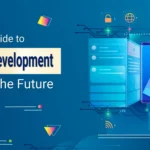
Pen Testing
RSK BSL Tech Team
March 10, 2025
|
|

Software Development
RSK BSL Tech Team
February 24, 2025
|
|

Pen Testing
RSK BSL Tech Team
February 19, 2025
|
|

Software Development
Praveen Joshi
February 11, 2025
|
|

insight
Praveen Joshi
January 31, 2025
|
|
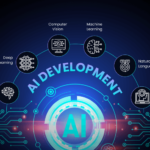
AI Tech Solutions
Praveen Joshi
January 27, 2025
|
|

Software Development
Praveen Joshi
January 20, 2025
|
|

Software Development
Praveen Joshi
January 13, 2025
|
|
 |
|

Mobile Application Development
Praveen Joshi
January 10, 2025
|
AI-Driven Software Development: Revolutionising Business Operations
Integrating AI in Software Development is not merely a futuristic concept; it is a current reality, transforming traditional approaches and paving the way for innovative practices. AI Software Development is transforming the entire software lifecycle, from basic design to testing and maintenance. AI-powered tools and techniques automate tedious operations, streamline workflows, improve accuracy, and accelerate development.
The fusion of AI and Software Development is ushering in a new era of efficiency and productivity. As we continue to investigate and comprehend the potential of this convergence, it is obvious that AI’s involvement in software development will be critical in shaping the industry’s future.
What is AI In Software Development?
AI in software development refers to incorporating Artificial Intelligence and Machine Learning technology into the software development process. Artificial intelligence (AI), a branch of computer science, allows machines to simulate human intelligence and execute activities that would normally need human cognitive ability. When applied to software development, AI provides developers with strong tools and methodologies for automating activities, analysing data, making data-driven decisions, and building intelligent applications.
In AI-driven Software Development, Machine Learning algorithms can learn from large datasets, identify patterns, and make predictions based on historical data. This capability enables developers to create more efficient and inventive systems that will adapt and improve over time. AI is used in several stages of the software development lifecycle, including code generation, problem identification, project management, quality assurance testing, and predictive analysis. By leveraging AI in these areas, software development becomes faster, more reliable, and capable of delivering personalised experiences to users.
AI in Software Development also enables the creation of smart applications that can interpret user behaviour, understand preferences, and offer personalised recommendations. Moreover, AI aids in automating mundane and repetitive tasks, freeing up developers’ time for more complex and creative endeavours. Implementing AI in Software Development has immense potential to revolutionise the industry and pave the way for a future where intelligent software solutions are the norm.
Latest Trends of AI in Software Development
1. AI-Powered DevOps
The incorporation of AI into DevOps processes acquired substantial momentum. AI can improve software deployment, automate tedious processes, and improve teamwork between development and operations teams. This trend results in increased productivity, less manual interventions, and faster and more dependable software delivery.
2. Explainable AI
As AI technologies become more sophisticated, transparency and interpretability are needed. Explainable AI seeks to provide insights into how AI models make decisions, allowing developers to better understand and trust AI-driven outcomes. This is particularly vital in critical fields like, finance, where thinking behind AI decisions must be understandable.
3. AI in Cybersecurity
AI-driven cybersecurity solutions have become essential with the increasing frequency and sophistication of cyberattacks. AI can analyse vast amounts of data to identify patterns and anomalies, enabling real-time detection and prevention of security breaches. This trend enhances the protection of sensitive data and strengthens the overall security posture of software systems.
4. Natural Language Processing (NLP) Advancements
NLP is quickly evolving, allowing software to more correctly grasp and process human language. AI-powered language models like as GPT-3, 3.5, and 4 have opened new avenues for natural language interfaces, chatbots, and content generation. These advancements make human-computer interactions more seamless and intuitive.
5. AI in Edge Computing
Edge computing, where data processing occurs closer to the source (e.g., IoT devices), benefits from AI integration. AI at the edge enables real-time data analysis and decision-making, reducing the need for continuous data transmission to central servers. This trend enhances the efficiency and responsiveness of edge computing applications.
6. AIOps
This is the integration of artificial intelligence into IT processes. AIOps automates and improves numerous IT processes and services, making them more efficient, dependable, and self-sufficient. It provides automatic warnings, anomaly detection, and root cause analysis to assist developers and IT professionals manage systems more efficiently.
7. Intelligent Automation
AI is combined with Robotic Process Automation (RPA) to create Intelligent Process Automation (IPA). This enables increasingly complex activities to be automated, hence increasing software development efficiency and effectiveness.
AI: Revolutionising Business Operations
1. Enhanced Efficiency and Productivity
AI-powered tools and platforms improve operations by automating routine processes and reducing the need for manual intervention. This increases efficiency, allowing professionals to focus on strategic goals rather than time-consuming administrative tasks. As a result, services become faster and more reliable.
2. Predictive Analytics for Proactive Issue Resolution
AI-powered predictive analytics can detect potential concerns before they become serious difficulties. Artificial intelligence (AI) can forecast when hardware or software components will break by studying historical data and real-time information. This proactive strategy guarantees continuous service delivery while minimising downtime.
3. Improved IT Support and Customer Service
Artificial intelligence-powered chatbots and virtual assistants are revolutionising IT support and customer service. These intelligent systems can quickly respond to user inquiries, troubleshoot common issues, and provide self-service options. This improves end-user experiences while also lightening the workload for IT personnel.
4. Robust Security Measures
Artificial Intelligence plays a critical role in bolstering cybersecurity. AI algorithms can detect and respond to security threats in real time, lowering risks and safeguarding critical information. This improves your security posture by continuously monitoring network traffic and analysing behavioural trends.
5. Predictive Maintenance for Infrastructure
AI-powered predictive maintenance is a game-changer for infrastructure. It can predict when hardware components like servers or storage devices will need to be maintained or replaced. This strategy reduces unexpected downtime while ensuring consistent service.
6. Data-Driven Decision Making
Data analysis powered by artificial intelligence gives professionals significant insights. AI can identify trends, patterns, and connections that people may miss by processing massive amounts of data. This data-driven approach improves decision-making by enabling informed decisions.
7. Cost Savings
AI’s capacity for automation and optimisation can result in large cost reductions. Businesses may function more efficiently and deploy resources more effectively if they reduce the need for manual intervention and downtime.
8. Scalability and Flexibility
AI-powered solutions can easily scale to meet the growing needs of a business. Whether managing a larger user base or dealing with greater data loads, Artificial Intelligence adjusts to changes easily, assuring continuous service delivery.
9. Enhanced User Experience
AI-driven personalisation enhances the user experience. AI can adapt services and recommendations based on user behaviour and preferences, enhancing consumer satisfaction and loyalty.
10. Competitive Advantage
Businesses that leverage AI gain a competitive edge. They can deliver faster, more dependable services, answer more effectively to client inquiries, and adjust to changing market conditions with greater agility.
Conclusion
The impact of AI-driven software development cannot be overstated. It is a transformative force that increases efficiency, improves security, lowers prices, and raises overall service quality. Businesses that embrace AI-Powered Development Solutions position themselves for success in a fast-paced digital landscape, where innovation and efficiency are paramount. This integration is not just an option; it’s a strategic imperative for businesses looking to thrive.
Praveen Joshi
Praveen is a seasoned IT Solutions Leader and Director at RSK Business Solutions, a technology-driven IT Consulting Company that specializes in Bespoke Software Development, Agile Consulting, Mobile App Development, Smart Sourcing, and much more. For the last 17 years, he has been delivering quality custom IT solutions that help businesses achieve their goals.

 Share
Share Post
Post Tweet
Tweet Copy
Copy